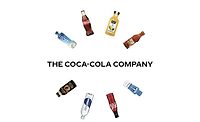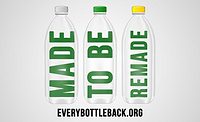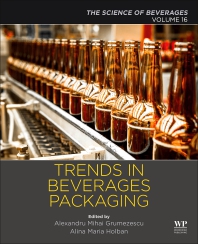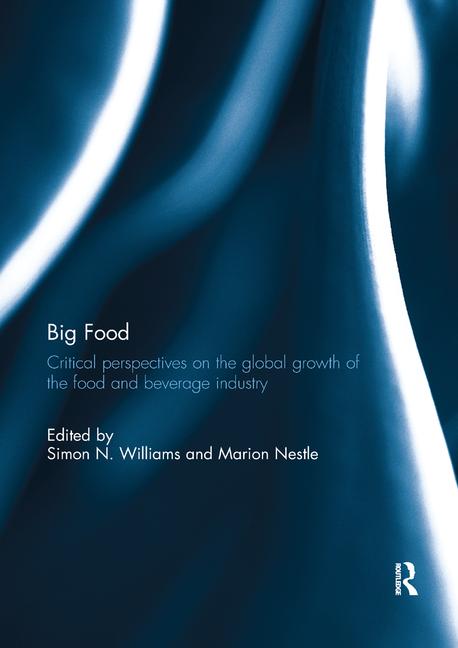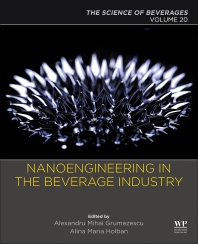ABA, leading beverage brands team up to boost bottle recycling
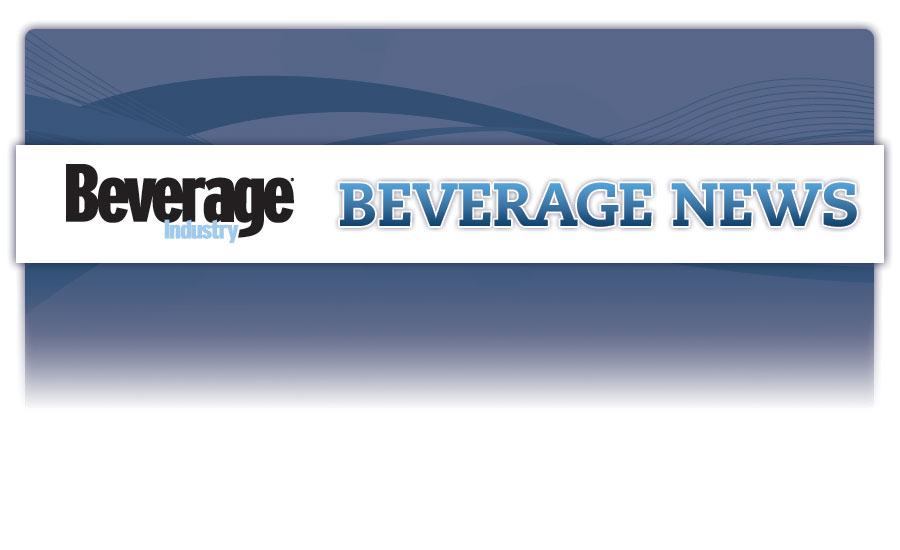
Industry-leading beverage companies The Coca-Cola Co., Keurig Dr Pepper and PepsiCo are taking the lead on another front: protecting the environment. In an effort to reduce waste resulting from bottling in all-new plastic in the United States, the companies have enlisted in the Every Bottle Back initiative. Spearheaded by the American Beverage Association (ABA), Washington, D.C., the initiative supports the circular plastics economy by encouraging awareness, collection and recycling of 100 percent recyclable plastic bottles to be remade into recycled PET beverage bottles.
The World Wildlife Fund (WWF) will provide strategic scientific advice to measure the industry’s progress in reducing its plastic footprint, and The Recycling Partnership and Closed Loop Partners will assist in deploying funds for the initiative.
“The beverage industry cannot deliver on its promises of sustainable packaging without serious improvements to the current U.S. recycling system,” said Keefe Harrison, chief executive officer of The Recycling Partnership, in a statement. “Working in partnership with the beverage industry on its Every Bottle Back initiative will help to improve local recycling and provide Americans with stronger recycling programs for all materials, including plastic bottles.”
To support the effectiveness of the effort, The Coca-Cola Co., Keurig Dr Pepper and PepsiCo plan to direct the equivalent of $400 million to The Recycling Partnership and Closed Loop Partners through a new $100 million industry fund to be matched three-to-one by other grants and investors. The investments will be used to improve sorting, processing and collection in areas with the biggest infrastructure gaps to help increase the amount of recycled plastic available to be remade.
The companies also will use the methodology of ReSource: Plastic, WWF’s corporate activation hub, to track the progress of strategic efforts in reducing the use of new plastic, helping companies turn plastic waste commitments into tangible progress concerning how plastic material is produced, used and recycled. Efforts include a public awareness campaign to leverage community outreach and partner engagement in helping consumers understand the value of 100 percent recyclable bottles. Finally, voluntary brand package design recommendations to begin in late 2020 will be optimized for communicating the “100 percent recyclable” message to consumers to encourage recycling.
Katherine Lugar, president and chief executive officer of ABA, stated that Every Bottle Back will ensure that plastic bottles are recovered after use and remade into new bottles in order to reduce the amount of new plastic used to bring beverages to market. “This is an important step for our industry, and it builds on our ongoing commitment to protecting the environment for generations to come,” Lugar said in a statement. “Our industry recognizes the serious need to reduce new plastic in our environment, and we want to do our part to lead with innovative solutions. Our bottles are designed to be remade, and that is why this program is so important.”
The majority of plastic beverage containers in the United States are made of PET, which can be recycled into safe, versatile, durable and lightweight plastic used to make not only plastic containers for food and beverage, but also clothing, carpets and playground equipment.
“We hope the ambition raised by this initiative will inspire other industries to follow suit within the broader effort to stop plastic waste pollution,” said Sheila Bonini, at WWF, in a statement. BI
Looking for a reprint of this article?
From high-res PDFs to custom plaques, order your copy today!




